Grading the Jets Free Agency Moves
Just over a week removed from the start of the free agency period, the New York Jets’ roster looks a bit different. Like any four-win team, New York had a handful of holes to fill up and down the depth chart, and even though Joe Douglas and his staff are armed with four of the top 40 picks in the NFL Draft, they needed to make a splash in free agency to leave themselves with even the slimmest of margins for error.
Typical of the Douglas era, there wasn’t one big splash this free agency. Instead, the Jets made a series of smaller waves in the hopes that this roster can improve tangibly across the board. If they are to do so dramatically in a stacked AFC, the whole will have to be greater than the sum of its parts. Here are those parts, graded based on talent, fit and contract value.
Laken Tomlinson
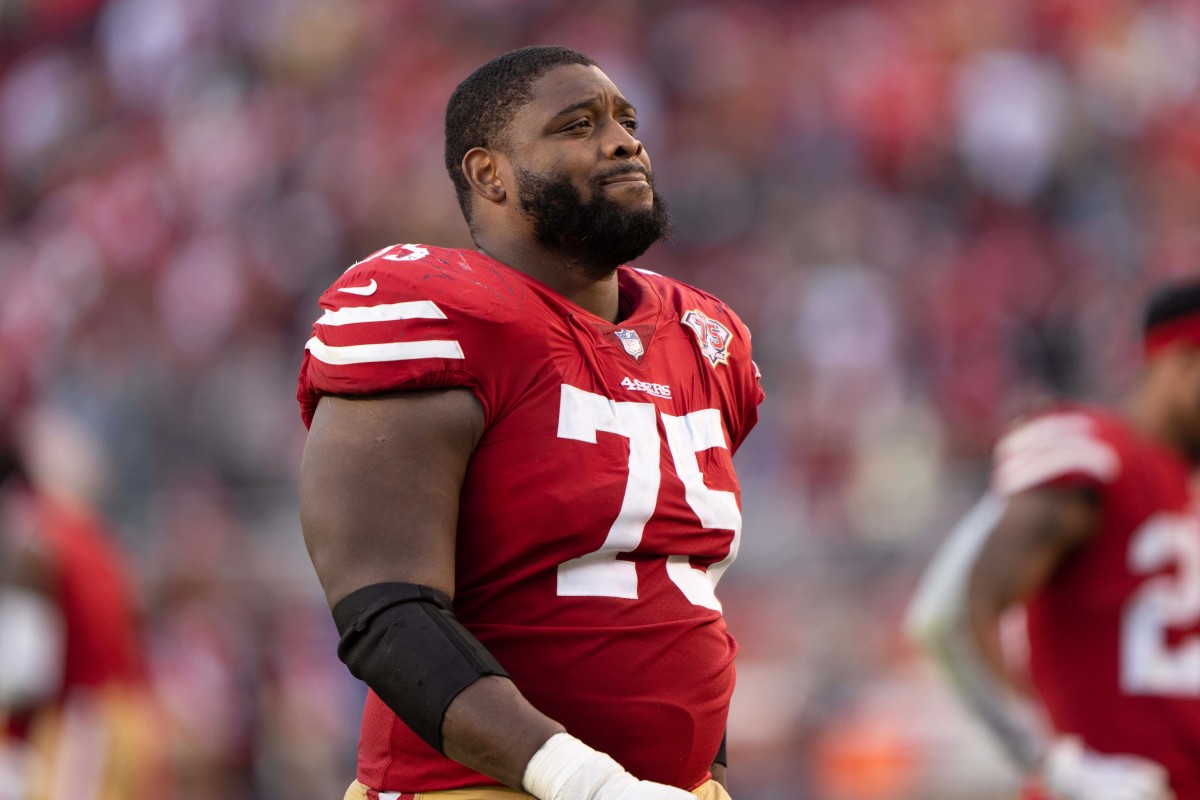
The first big move of New York’s free agency was arguably its best. After the two-year Greg van Roten experiment failed miserably, the Jets desperately needed a right guard to shore up the offensive line. In Tomlinson, they get a proven, really good one. The 30-year-old veteran played the last five years in San Francisco, earning a Pro Bowl nod in 2021. And while the contract value might seem a tad high at three years, $41.2M, the Jets are getting a plug-and-play guard with scheme familiarity that has never missed a single game in his career due to injury. This also likely closes the book on New York taking an offensive lineman in the first round, particularly a tackle at four just to convert him to guard for a year. That pick can now be used on a defensive player.
Grade: A
D.J. Reed
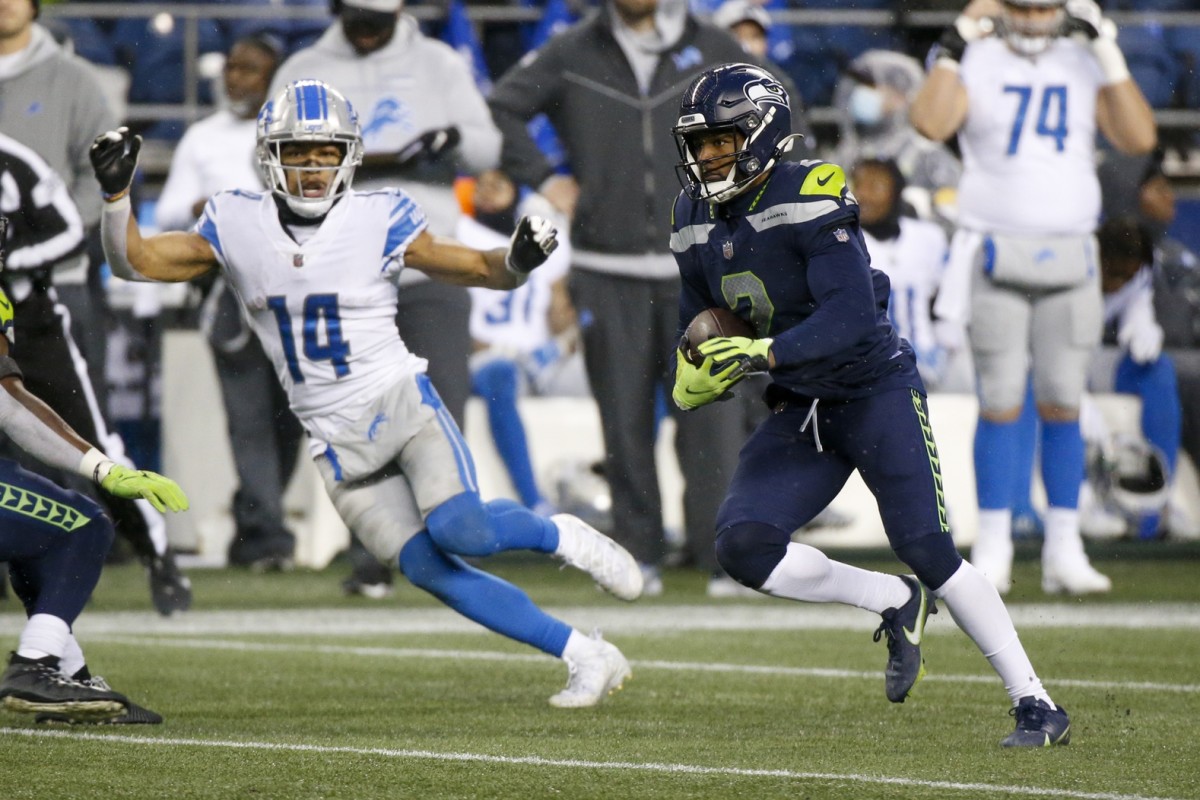
New York made it pretty clear early in the free agency period that they were out of the J.C. Jackson sweepstakes. Once Tom Brady returned the Bucs, Carlton Davis quickly followed suit, and the Jets were left scrambling for answers at corner. Given that situation, this was probably the best possible outcome. Another guy who played for Robert Saleh in San Francisco, Reed is a natural scheme fit who comes to the Jets by way of Seattle on a three year, $40M deal. He’ll look to repeat his production from a season ago, where he ranked as the eighth best corner in the NFL on Pro Football Focus, fifth best against the run, an area where New York’s corners struggled a bit a year ago. The only concerns with Reed are his height at 5’9” for a boundary corner and his just one year of high-level success, but banking on that production at just age 25 feels like the right kind of gamble for the Jets.
Grade: B+
C.J. Uzomah
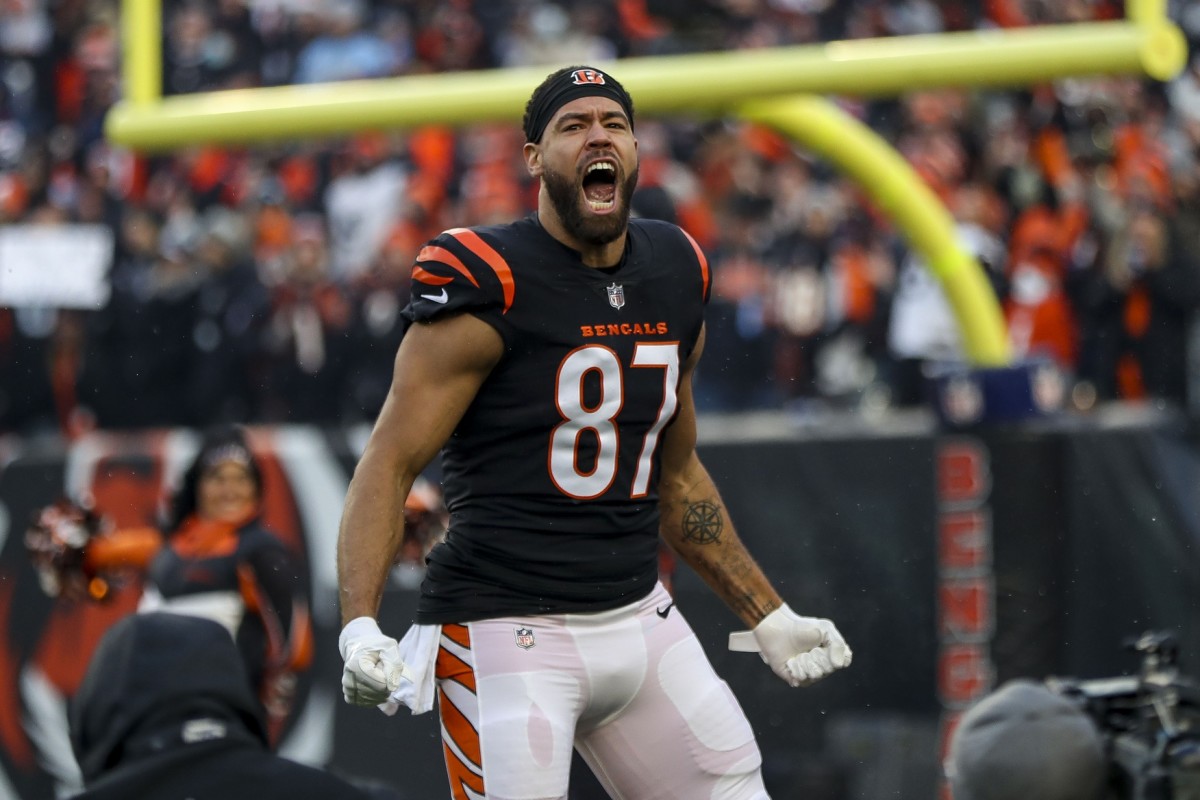
The Jets desperately needed tight end help after tossing out Tyler Kroft and Ryan Griffin at the position a year ago. Neither were even remotely productive, nor will they be on the team this season, so this was one of the more obvious areas of need entering the free agency period. Dreams of Dalton Schultz were quickly erased when Dallas chose to franchise tag its star tight end, so the Jets pivoted to Uzomah, who enjoyed his best season to date. The 29-year-old caught 49 passes for 493 yards and five touchdowns for the AFC Champion Cincinnati Bengals. He continued to build on his breakout season with 13 grabs for 135 yards and a touchdown in his first two playoff games before suffering an MCL sprain against the Kansas City Chiefs. Uzomah is a dual-threat tight end who showcased his ability to get out and block for Joe Mixon in the run game this past season.
Toss pic.twitter.com/rg54jwwC6C
— Matt (@CoachMinich) October 3, 2021
His contract is somewhat backloaded, and the Jets can cut him without penalty after two years, so the three year, $24M is a little more team friendly than it seems.
Grade: B
Tyler Conklin

With New York’s tight end problems, just signing Uzomah wasn’t going to be enough to turn things around. Adding Tyler Conklin gives New York the 1-2 punch they’ve been looking for. Conklin also had his breakout year in 2021, catching for 593 yards and three touchdowns in Minnesota. His 61 receptions would have been the most on the Jets roster, and the most by a Jets tight end since Dustin Keller in 2011. Conklin’s standalone value is clear, but the value of each of these tight ends is bolstered by the presence of one another. Both guys are willing and capable blockers in the pass and run game, coming from offenses that had ample success on the ground a year ago, making it difficult for defenders to diagnose assignments in 2-TE sets. Conklin in particular was often left on an island to block talented pass rushers in Klint Kubiak’s offense. Conklin grades out a little bit higher than Uzomah because of his age (26), his slightly better production and his contract (three years, $21M).
Grade: B+
Jordan Whitehead
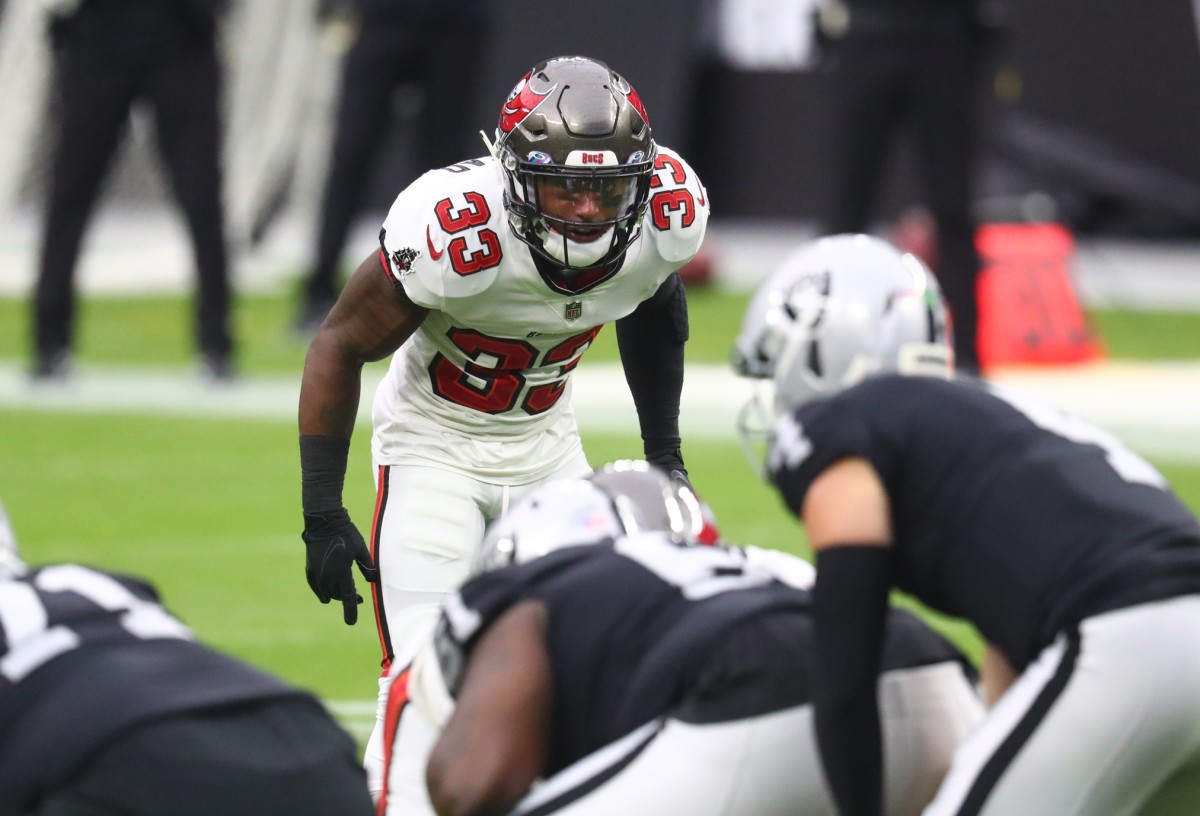
This is where Joe Douglas’s bargain-hunting really shined. He didn’t want to give Marcus Williams $70M, just like he didn’t want to extend Marcus Maye or make Jamal Adams the league’s highest paid safety. Instead, he went out and got an up-and-coming safety from a great defense for just $14.5M over two years. Whitehead is a force in the run game when playing downhill. He consistently shoots the edges to stop toss and stretch plays before running backs can get back to the line of scrimmage. He wraps up and prevents big plays before they can materialize on screens or quarterback keepers. For a defense that was gashed with regularity on simple screens, Whitehead is the antidote.
Against the run, against the pass, @jwhite_333 can do it all.
— New York Jets (@nyjets) March 19, 2022
Just check the tape. pic.twitter.com/6LN65N3RO4
The 25-year-old also displayed excellent zone coverage skills, often covering up blown assignments in Tampa Bay’s secondary by limiting big plays with physical, downhill hits. He does struggle in man coverage, and New York would be wise to draft a more traditional deep safety to complement Whitehead in the secondary, but this might be the best value the Jets made this offseason.
Grade: A
Jacob Martin
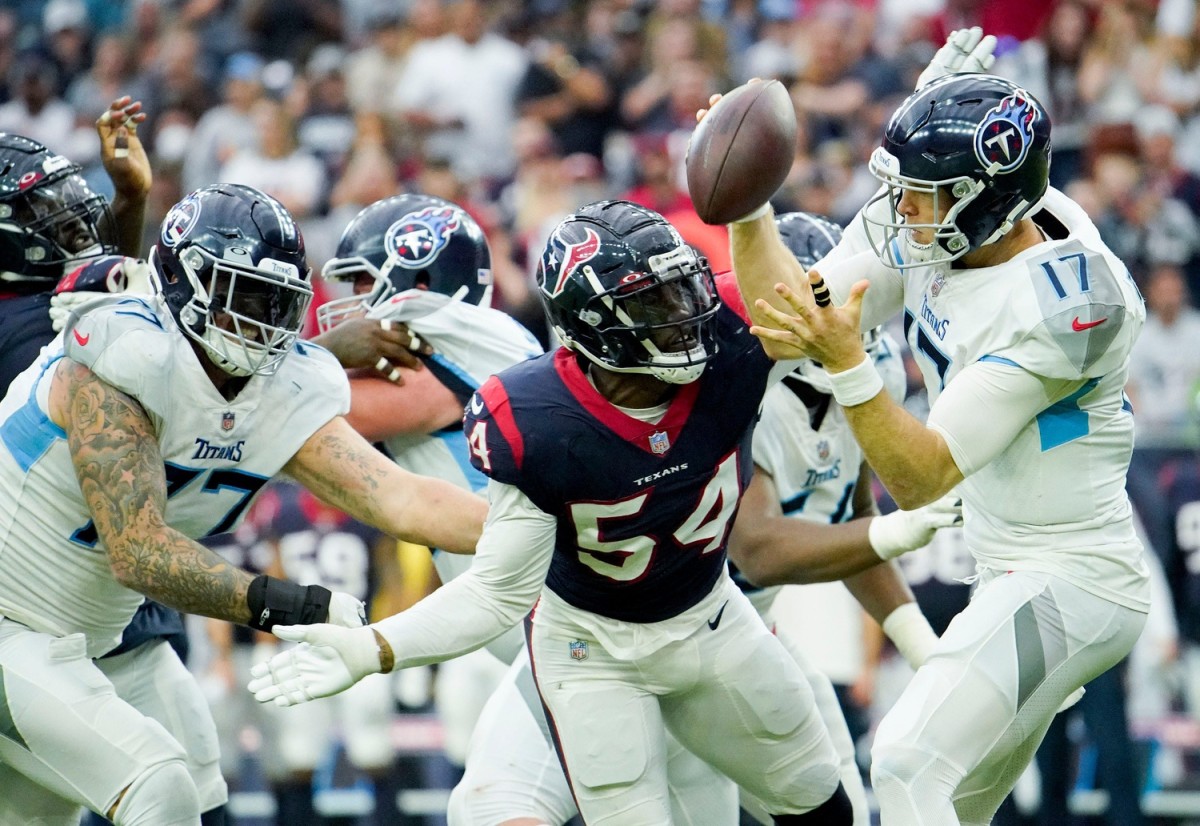
This move was the first real head-scratcher for Jets fans, not because Martin is a bad player by any stretch of the imagination, but because he’s a non-household name from a really bad Texans team on a three year, $15.5M deal. Here’s why it’s better than the surface shows: First, this is another team friendly deal. Martin is making just $2.7M in 2022. The Jets have a slight out in 2023 and an easy out in 2024 if they want to cut him to clear space. If he meets expectations, though, don’t expect them to do that. Martin is a situational pass-rusher that thrives in his role. His pass rush win rate is well above league average. He got to the quarterback with regularity in that role in his first couple years in the league. Last year, he became a starter in Houston and that number dipped a little bit, but that’s not what he’s going to be in New York. He’s going to be a third down pass rusher behind Lawson and whatever edge the Jets presumably take with a Top 10 pick. And in that role, he uses his 4.59 speed and fresh legs to get to the quarterback and create pressure. Just watch him run down Josh Allen, something the entire Jets defense struggled to do regularly last season.
Jacob Martin explodes off the line to sack Josh Allen
— 𝙅𝙀𝙏𝙎 𝙈𝙀𝘿𝙄𝘼🛫 (@NYJets_Media) March 17, 2022
👀 pic.twitter.com/Ca2AIqBLPY
Martin isn’t the best run-stopper, and he shouldn’t be used in those situations. If Carl Lawson and a rookie edge rusher really pan out, there might not be much use for Martin as anything more than a backup. But for an injury-laden team that likes to rotate pass rushers, the Jets could have done a whole lot worse.
Grade: B-
Braxton Berrios

The darling of the Gang Green fan base and best buddy of its young quarterback, Berrios was a major priority for the Jets in the offseason, so long as they didn’t get outpriced. From the looks of things, they didn’t. Berrios re-signed on a two-year, $12M contract that’s heavily backloaded toward 2023. The 26-year-old Miami product caught 46 passes for 431 yards and two touchdowns a year ago, adding on two rushing touchdowns and a kick return touchdown en route to a first-team All-Pro nod. Berrios will continue to be one of the more reliable and dynamic return men in the NFL while functioning as the WR4 for the Jets. New York would like to not have to rely on him so much in the passing game this year, though. Injuries have jolted him into a starting spot for parts of the past two seasons, likely inflating his value along with his All-Pro selection. This is probably a slight overpay (see Kalif Raymond’s contract with Detroit for comparison) but there’s something to be said for rewarding homegrown guys who take advantage of opportunities.
Grade: B
Tevin Coleman:
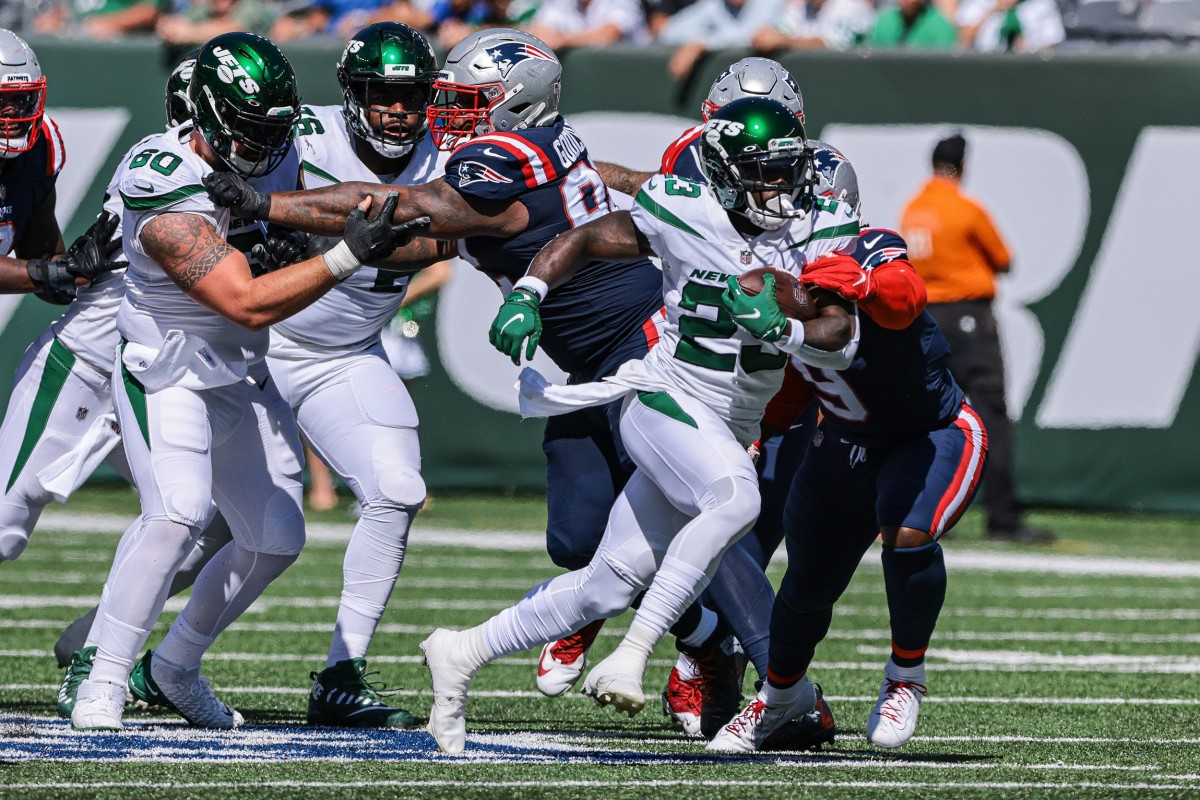
The Jets running backs last season looked a lot more productive than the numbers showed. A big part of that was the litany of injuries on the offensive line, whose inability to open a hole strangled backs like Coleman for much of the season. When Coleman did get going, though, he looked every bit the part of a backup tailback for a good offense, which is the role he’ll play behind Michael Carter this season. Coleman is the fastest of the team’s backs, the best pass-protector, had some big runs late in the season and is the kind of veteran that can be a locker room leader, all on a one-year, $1.5M contract. This is good value and the kind of continuity that aids a rookie quarterback.
Grade: B+
Joe Flacco
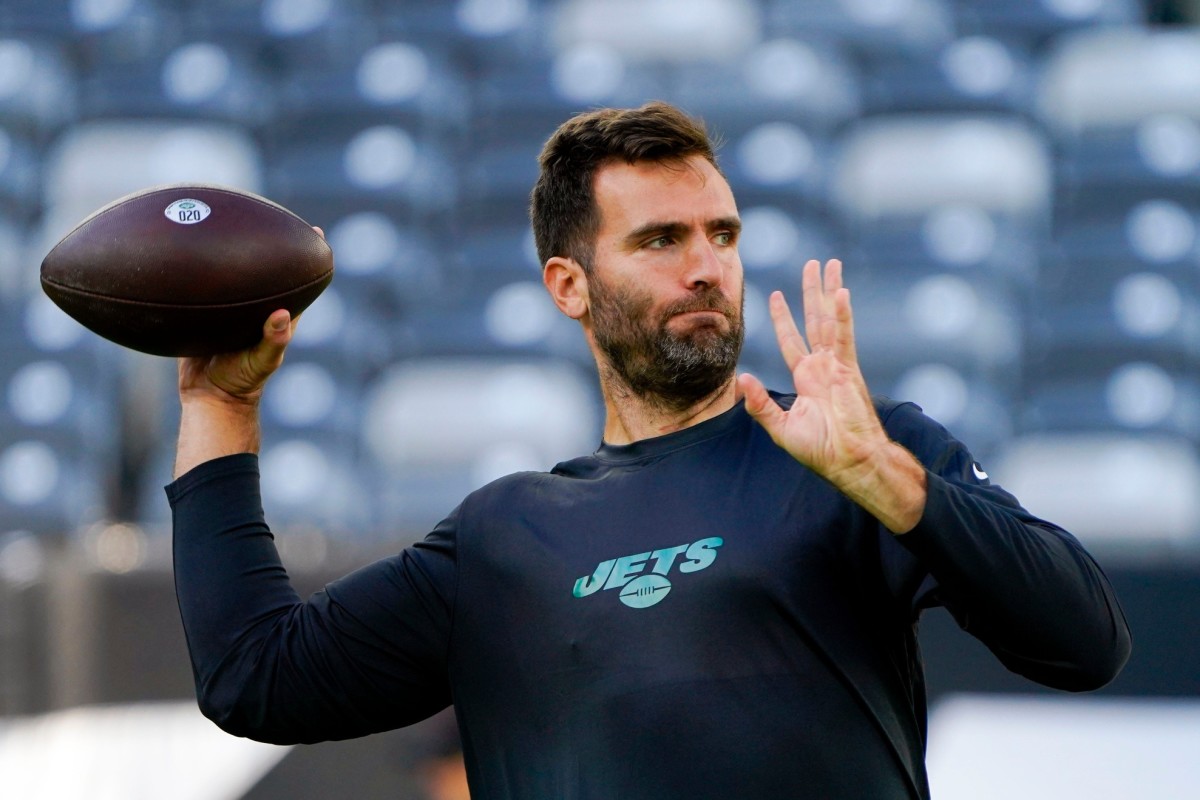
Speaking of helping out your rookie quarterback, this is how you continue to do it. Up until the Jets signed Flacco, backup quarterbacks in New York were tough to watch. Trevor Siemian and Luke Falk trudging out there in 2019 was a crime against humanity. The Mike White week of fame was fun enough to erase those memories, but it’s guys like Flacco that strengthen a quarterback room for the better. A 37-year-old former Super Bowl MVP with enough left in the tank is what the Jets need should something happen to Wilson. The offense won’t completely crumble if he has to enter the game. They can win. That, and his ability to be a mentor to a young gunslinger looking to rise into the elite echelon of AFC quarterbacks, is all that matters. It’s worth the one-year, $3.5M deal.
Grade: A-
Conor McDermott:
McDermott is probably best known for catching a touchdown on fourth-and-goal against the Jacksonville Jaguars in Week 16. Unfortunately, his receiving skills have proven to be better than his blocking skills. McDermott has been forced into action a few times due to injuries by the Jets starters, and he struggled mightily. He’s not a reliable third tackle, and frankly, he doesn’t provide much as a fourth tackle either. New York isn’t exactly opening up the checkbook for McDermott, and the Jets can free more than half of his $1.5M salary by cutting him after training camp, but it’s hard to see any scenario in which McDermott makes any sort of leap this season.
Grade: C
Dan Feeney:
Like McDermott, Dan Feeney’s best attributes in New York haven’t come from playing offensive line. Known for his mustache, mullet and fan presence at New York Islanders games, Feeney drew some attention last offseason. When the pads came on, though, and he was forced into action, he was routinely overmatched. A contract like McDermott’s wouldn’t have been so bad, but Feeney is making $3M this season, all guaranteed, so he will make the 53-man roster this season. It’s hard to see how Feeney earned that designation on the field last year.
Grade: D
Lamarcus Joyner:
The Jets never got the chance to reap the benefits of the Joyner signing last season. He tore his triceps in Week One and missed the entire season. Giving him another chance in an otherwise weak safety room on a discounted price (one year, $2.6M) is probably a smart move for the Jets, who wanted to convert him back to safety last year after he played a few years as a nickel corner in Los Angeles. The Joyner signing certainly doesn’t preclude the Jets from drafting a safety. They almost certainly will draft one in the first three rounds. But given the guys New York had to play when the injuries piled up last year, having an insurance policy as versatile and experienced as Joyner makes a world of sense.
Grade: B+
Nathan Shepherd:
Shepherd is one of the few holdovers from the Mike Maccagnan era. In fact, he’s the longest tenured Jet. Let that sink in. The 28-year-old out of Fort Hays State has never really lived up to the expectations the Jets had for him when they selected him in the third round back in 2018. He’s struggled with positioning, penalties, and has never really meshed with the rest of the defensive line. Him getting a new contract in New York, even a minimum deal, is surprising. But if he doesn’t make the roster, he doesn’t pose any cap hit, so the Jets assume very little risk here. With Foley Fatukasi packing his bags for Jacksonville, maybe Shepherd can work his way into a roster spot. He’ll likely be competing with Jonathan Marshall and whomever the Jets select in the draft for an interior job.
Grade: C
MORE:
- Evaluating Zach Wilson, Week 3: A Shutout in Denver
- Ex-Jets Scout Advises New York to Draft Ohio State’s Nicholas Petit-Frere
- Former Jets Receiver Signs With AFC East Rival
Follow Max Schneider on Twitter (@Max_Schneider15). Be sure to bookmark Jets Country and check back daily for news, analysis and more.
